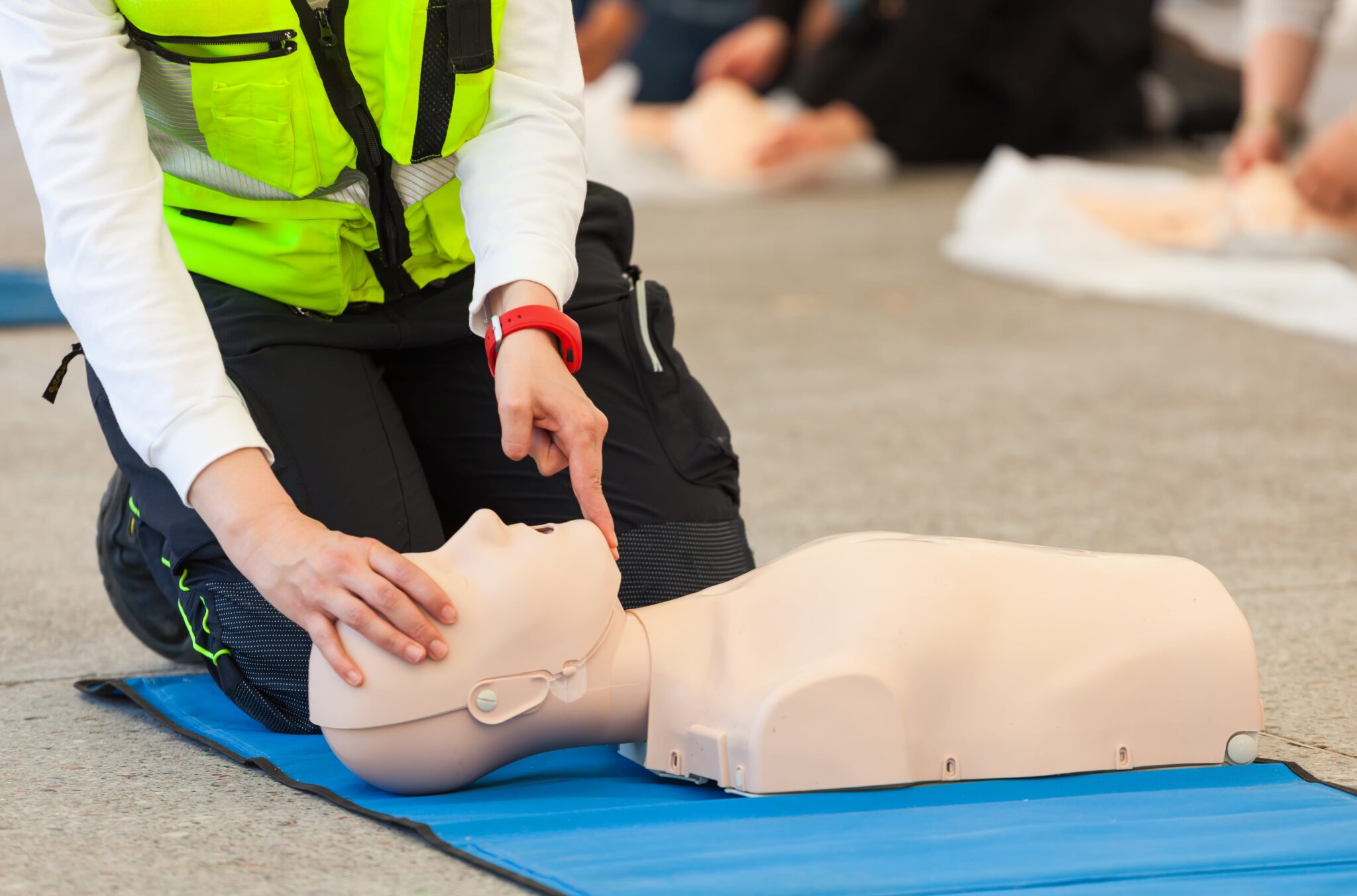
Price: Lowest prices in Newark. Guaranteed.
Convenience: 60+ CPR testing sites. Classes offered daily.
Trust: Founded 1989. AHA Training Center
Newark, located in the heart of Alameda County, boasts a tight-knit community that values safety and preparedness. Known for its family-friendly neighborhoods and proximity to landmarks like the Don Edwards San Francisco Bay National Wildlife Refuge, this city is a place where people look out for one another. Learning Basic Life Support (BLS) here not only equips individuals with life-saving skills but also aligns with the community’s commitment to care and responsibility. By choosing to train in Newark, you’re investing in a skill that echoes the city’s spirit of unity and ensures you’re ready to protect those around you.
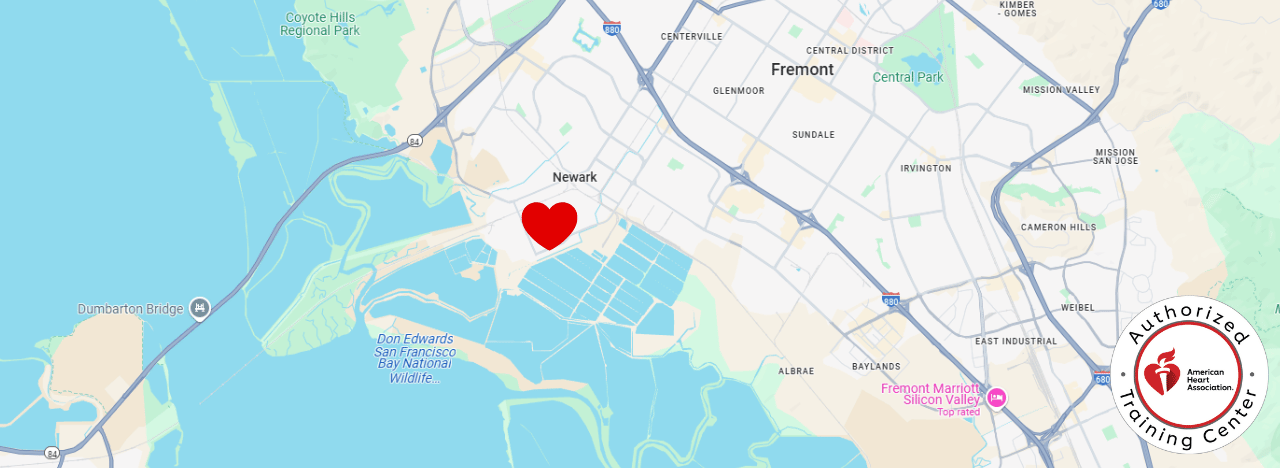
American Heart Association Classes Near Me
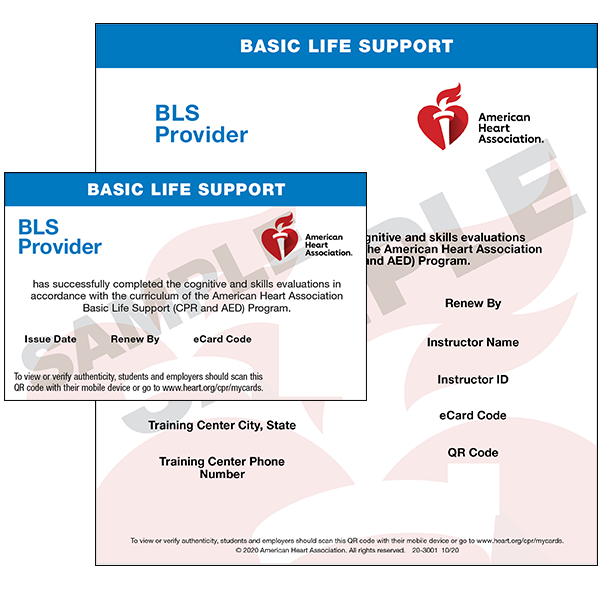
Basic Life Support
Online Course: 1-2 hours
Skills Testing: 30 minutes
100% Pass Rate Guaranteed
Lowest Prices In California
Receive Card On Class Day
Thousands of 5 Star Reviews
CE Credits to CA Dentists
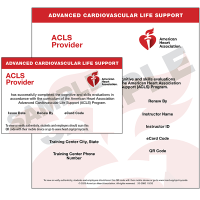
Advanced Cardiac Life Support
Online Course: 2-3 hours
Skills Testing: 30 minutes
100% Pass Rate Guaranteed
Lowest Prices In California
Receive Card On Class Day
Thousands of 5 Star Reviews
Some Professions: 2-3 CEU
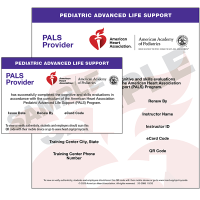
Pediatric Advanced Life Support
Online Course: 2-3 hours
Skills Testing: 30 minutes
100% Pass Rate Guaranteed
Lowest Prices In California
Receive Card On Class Day
Thousands of 5 Star Reviews
Some Professions: 3.75-5 CEU
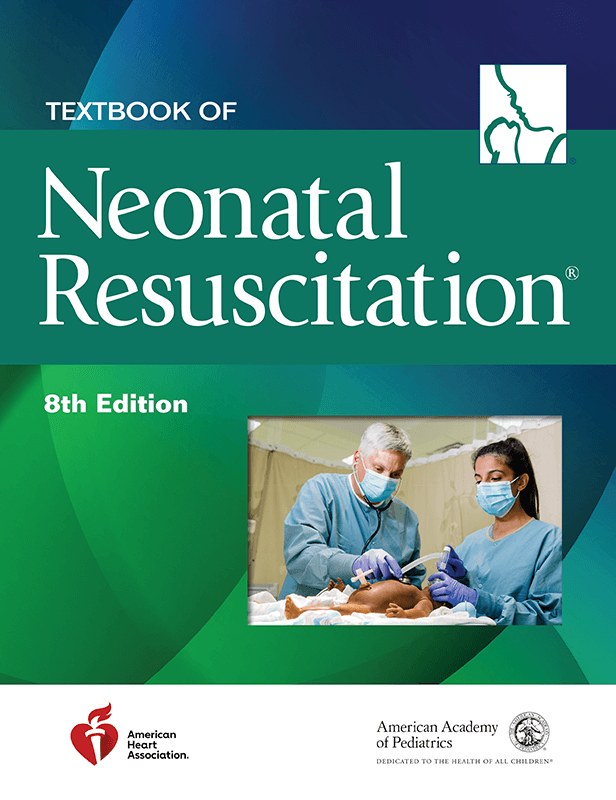
Neonatal Resuscitation Program
Online Course: 2-3 hours
Skills Testing: 3 hours
100% Pass Rate Guaranteed
Lowest Prices In California
Receive Card On Class Day
Thousands of 5 Star Reviews
Some Professions: 4 CEU
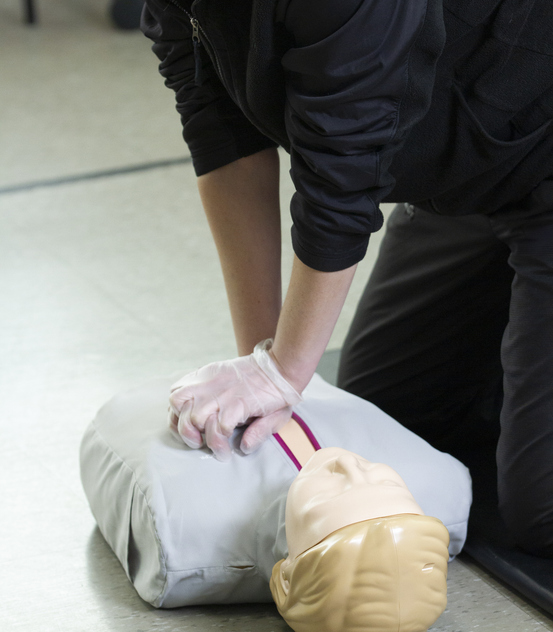
Audience: General public
Topics: CPR for all age groups, AED use, bleeding, epi-pen, etc
Online Session: 1 Hour
Skills Testing: 30 minutes
Card: Safety Training Seminars
Certification: Valid 2 years
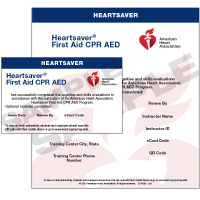
Audience: General public
Topics: CPR for all age groups, AED use, bleeding, epi-pen, etc
AHA Online Course: 1-2 Hours
Skills Testing: 30-45 minutes
Card: American Heart Association
Certification: Valid 2 years
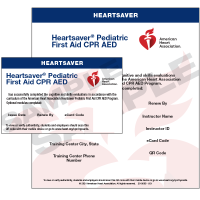
Audience: CA childcare providers
Topics: CPR for all age groups, AED use, bleeding, epi-pen, etc
AHA Online Course: 1-2 Hours
Skills Testing: 30-45 minutes
Card: American Heart Association
Certification: Valid 2 years

Audience: Childcare providers
Topics: Lead poisoning, nutrition, infectious disease,etc
Zoom Course: 8 Hrs (state law)
Skills Testing: 30-45 minutes
Card: EMSA Health & Safety
Certification: No expiration
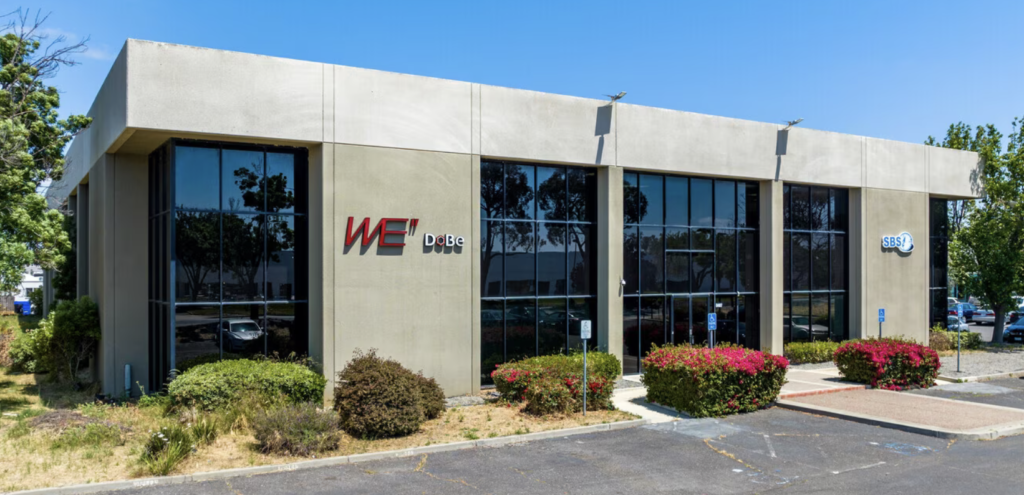
8407 Central Ave, Suite 2034
Newark, CA 94560
(925) 394-4685
Opening Hours:
Monday: 8 am – 10 pm
Tuesday: 8 am – 10 pm
Wednesday: 8 am – 10 pm
Thursday: 8 am – 10 pm
Friday: 8 am – 10 pm
Saturday: 8 am – 10 pm
Sunday: 8 am – 10 pm

If you’ve completed your American Heart Association training at our Newark location, we’d be so grateful if you could share your experience with a review on Google, Yelp, or Facebook. As a women-owned small business proudly serving Newark, your feedback makes a real difference. Positive reviews not only help other locals discover our services, but they also support our mission of building a stronger, safer community.
Many of our students first hear about us through recommendations from Newark residents and professionals like you. Whether you’re a nurse, teacher, or parent, your review helps us reach more neighbors who could benefit from these essential, life-saving skills.
Thank you for choosing us and for supporting our business with your honest review!
EXCELLENTTrustindex verifies that the original source of the review is Google. I really appreciated the instruction and feedback provided by the trainers during the BLS class, earning me comprehensive and coveted BLS certification that I'm confident will serve me well in any emergency situation.Trustindex verifies that the original source of the review is Google. I was really impressed with the BLS class I took at Safety Training Seminars, which not only effectively trained me in life-saving skills but also gave me reassurance in earning my BLS certification.Trustindex verifies that the original source of the review is Google. Class was excellent! Easy instructions, clean equipment and facility. Thank you!Trustindex verifies that the original source of the review is Google. I recently completed the BLS Class at Safety Training Seminars and left feeling highly confident in my ability to respond to emergency situations with the knowledge and skills I gained. Quick, easy, and seamless course.Trustindex verifies that the original source of the review is Google. I recently attended Safety Training Seminars for BLS certification and was very impressed with the experience, the instructor provided clear and concise instructions that made the material easy to understand, making me feel confident and prepared for my certification exam.Trustindex verifies that the original source of the review is Google. Good place, good manikins, and the online courses for ACLS/PALS are really helpful! Highly recommend!Trustindex verifies that the original source of the review is Google. I’ve taken my CPR/First Aid/EMSA/BLS certification training at Safety Training Seminars for many years. This is a top notch organization!! I know I can count on the instructors at Safety Training Seminars to expertly guide me through the CPR and First-aid class, providing clear instructions and hands-on training to ensure I receive the highest quality of education, ultimately resulting in a well-rounded understanding of lifesaving techniques necessary for BLS and EMSA certification. In prior years, I attended classes in person. I was a bit hesitant to take the hands-on portion in a virtual classroom this year. Happily, it was just as helpful and easy to navigate as the in-person was!! Georgia, an actual live trainer on Skype, was fantastic! Everything was clear, smooth, and thoughtful! Thank you to the dedicated women at Safety Training Seminars!!
Safety Training Seminars offers comprehensive BLS, CPR, and First-aid classes in Newark, ensuring individuals and professionals gain crucial skills to respond effectively in emergencies. These courses follow American Heart Association guidelines and are designed to prepare attendees for real-life scenarios, whether it’s performing life-saving CPR, using an AED, or handling injuries efficiently. From healthcare workers to educators and parents, our training equips all participants with the knowledge and confidence to make a difference when it matters most.
Choosing Safety Training Seminars means learning from experienced instructors in a supportive and engaging environment. Our Newark location is easily accessible, making it convenient for the local community to enroll in these essential classes. By combining hands-on practice with clear, practical instruction, we ensure attendees leave feeling empowered and ready to respond to emergencies. Plus, we use up-to-date equipment to provide a realistic training experience that meets the highest standards of certification.
By joining our classes, you’re not just taking a step towards personal growth but also contributing to a stronger, safer Newark community. Every skill learned during our training has the potential to save lives, whether at home, work, or in public spaces. Whether you’re a seasoned professional looking to renew your certification or learning these skills for the first time, your decision to train with us helps create a community ready to care for one another in times of need.
Newark, CA, is well-served by nearby healthcare facilities and educational institutions. Washington Hospital in Fremont is a highly regarded provider, specializing in stroke care, cancer treatment, and orthopedic services. Its advanced technology and patient-focused care make it a critical resource for the community. Just a short drive away, Stanford Health Care in Palo Alto offers cutting-edge specialties, including cardiovascular medicine and neurology. For education, Stanford University School of Medicine trains future healthcare leaders, emphasizing innovation and research. These institutions work together to ensure Newark residents have access to exceptional medical care while fostering the development of skilled medical professionals.